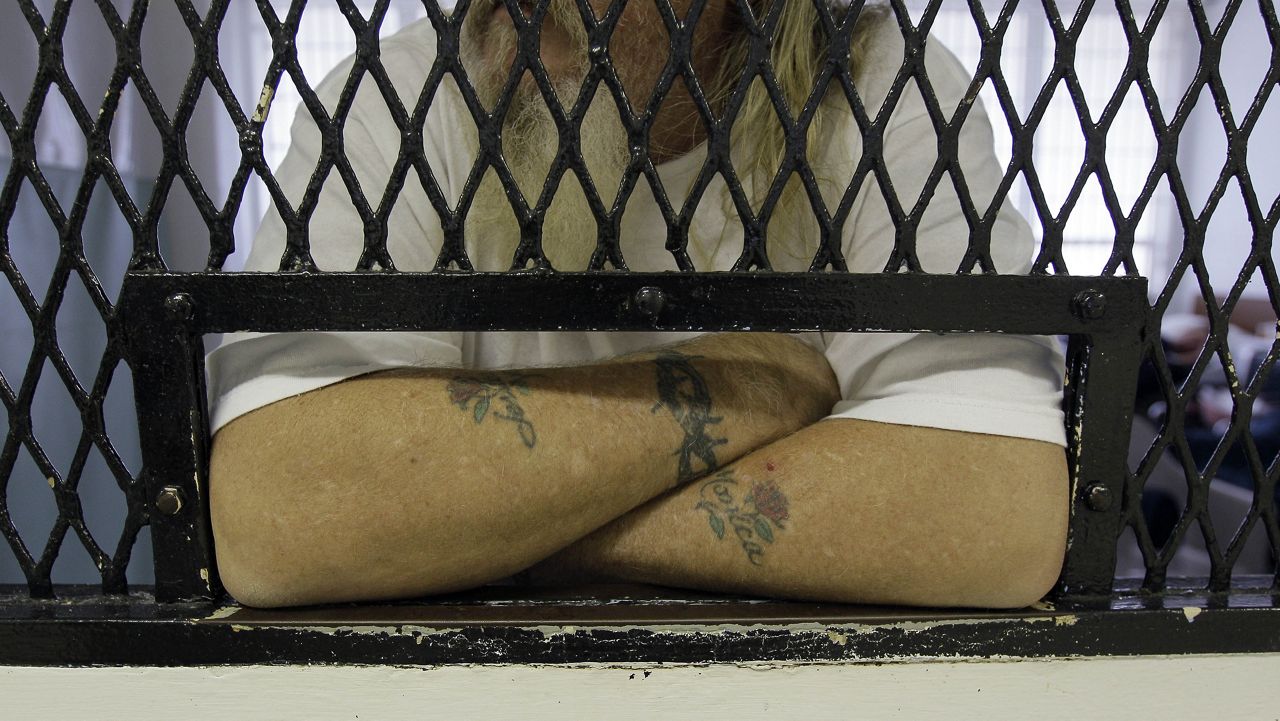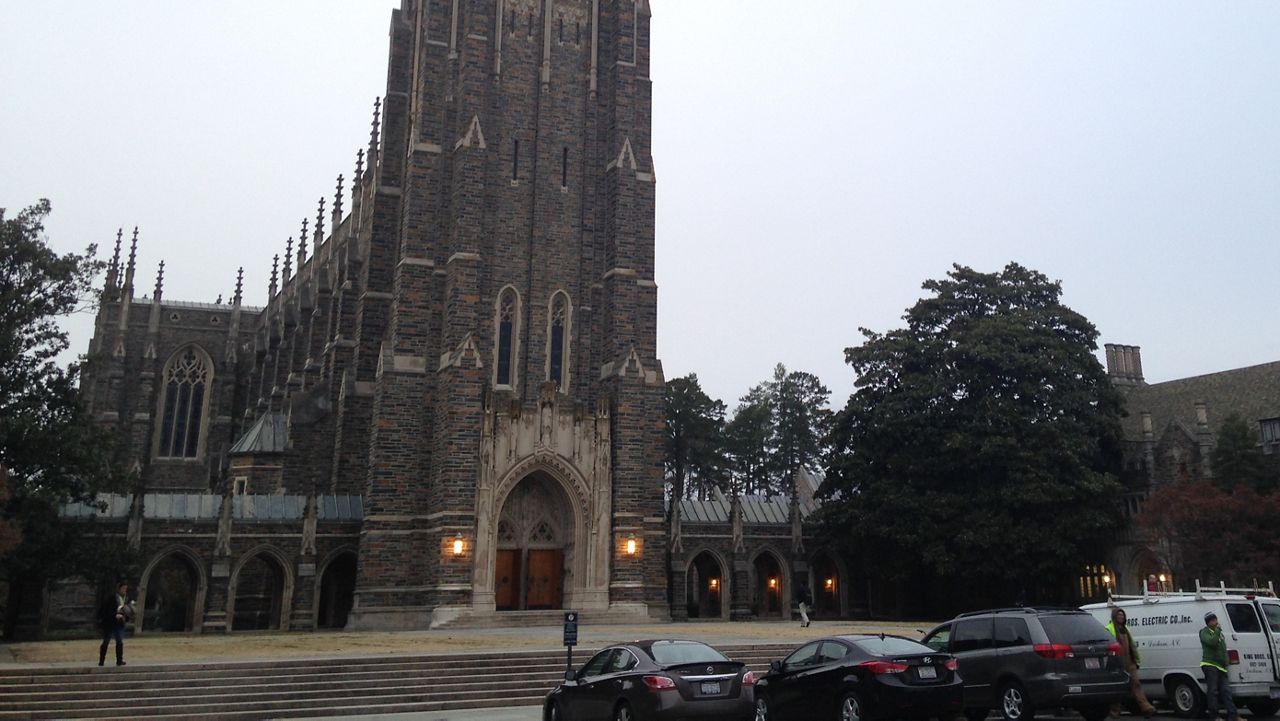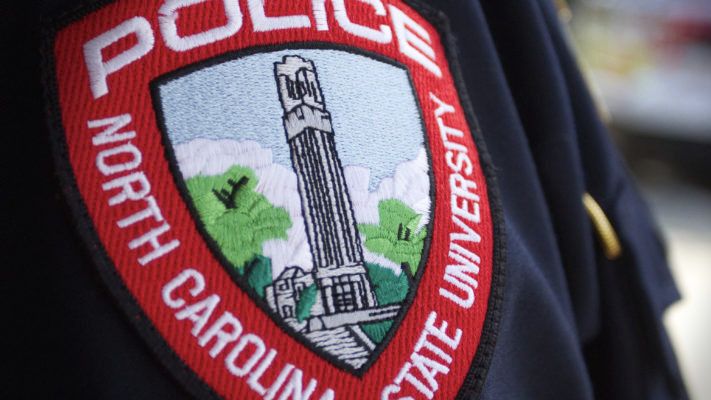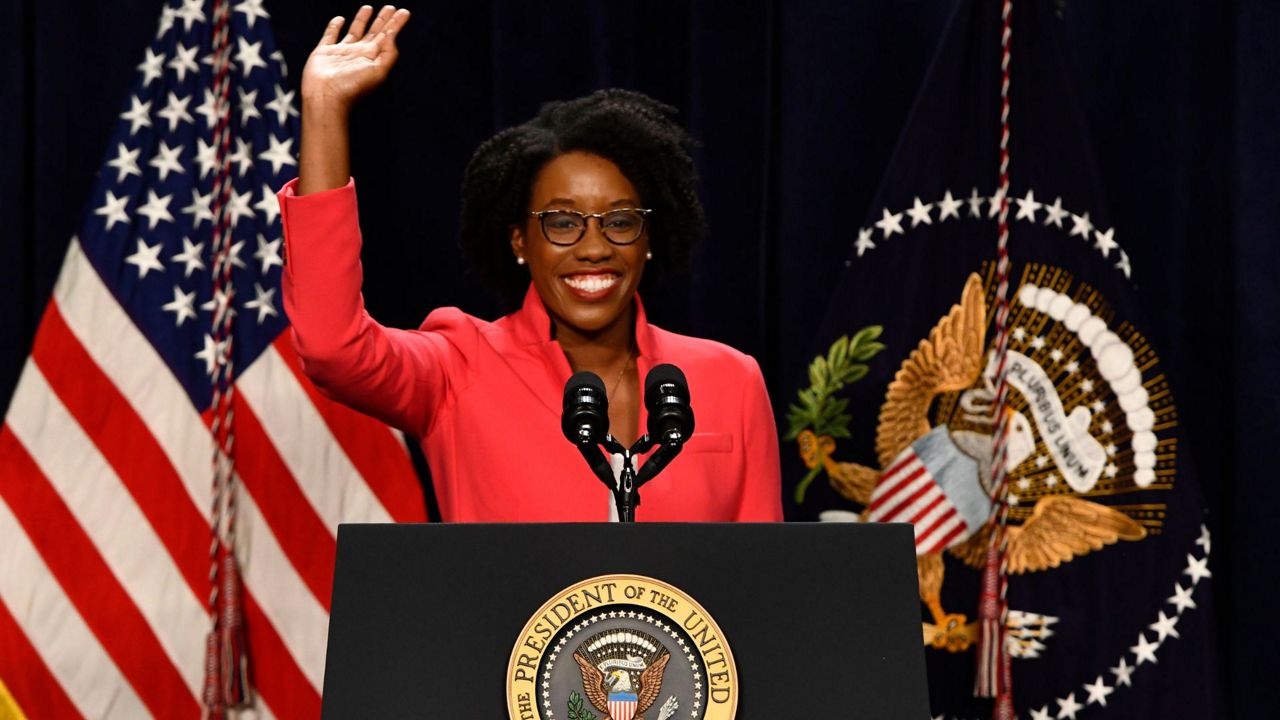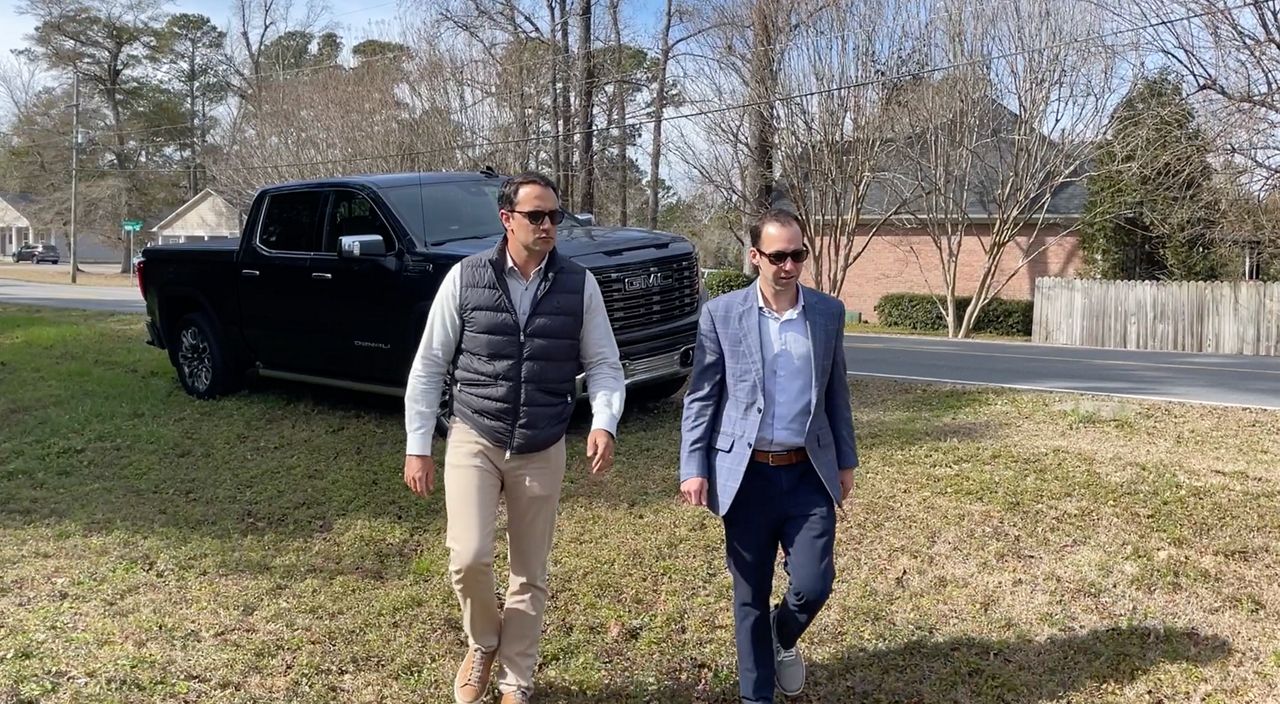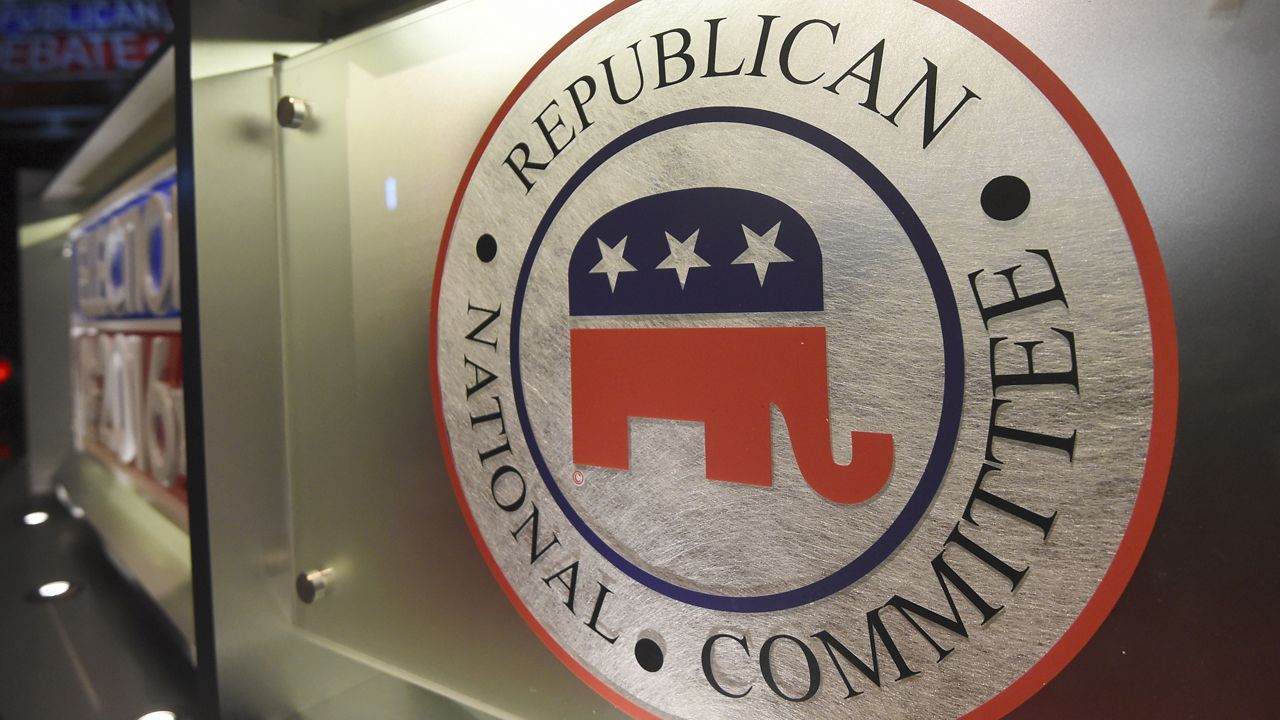
Christine Farnon, a “Guiding Light” at Recording Academy for Decades, Dies at 97
Christine Farnon, the Recording Academy’s first full-time employee and one of its longest-serving, died on Monday Oct. 24 in the Los Angeles area of natural causes. She was 97.
Farnon started as an unpaid volunteer in May 1957 — when the Academy was just in its formative stages — and rose to become executive vice president. From 1957 through 1987, she worked alongside a succession of 18 elected, volunteer presidents. These men — and yes, they were all men — served their terms and moved on. Farnon provided continuity and stability. In early 1988, Michael Greene became the Academy’s first paid, permanent president. Farnon stayed on through 1992, to ensure a smooth transition.
Related Stories
Farnon received a trustees award from the Academy upon her retirement. An appreciation in that year’s Grammy program book was fittingly titled “The Recording Academy’s Guiding Light.”
In announcing the honor for Farnon earlier in 1992, Greene said, “The Recording Academy owes much of what it is today to the selfless, conscientious dedication that Christine has exhibited in her years of contributions to the Recording Academy. Chris is a vital member of our [Academy] family and is most deserving of the trustees award.”
The late musicologist George T. Simon, who wrote the aforementioned appreciation, noted, “Chris has always been an integral part of the organization — a seemingly impossible combination of guiding light and steady anchor. Deeply involved from the start in all the Academy’s activities, this warm, intelligent, soft-spoken, sensitive lady has helped tremendously, often leading the way, in chartering and steering the course of [the Academy].”
Simon’s piece quoted Farnon as saying “This has been a rare opportunity, to have one of the most challenging and rewarding careers anyone could wish for, and to work with and for some of the finest people in the recording field.”
Billboard included Farnon in a gallery of groundbreaking female executives that appeared in the Feb. 26, 2022 issue, noting “Decades before Deborah Dugan became the Recording Academy’s first female president/CEO in 2019, Farnon was the top executive at the organization — and while she never held the big title, there was no question of who was in charge.”
Farnon’s responsibilities at the Academy included maintaining contact with disc jockeys and radio personnel and development of annual mailers and special albums designed for radio stations highlighting Grammy nominees. Farnon was a talent coordinator for most of the seven Grammy-branded Best on Record TV shows that aired on NBC. From 1971, when the Grammy Awards became a live telecast, until 1992, when Farnon retired, she was an integral part of the Academy’s TV committee, which oversaw format development, contract negotiations and TV scripts. She eventually received on-screen credit in the crawl at the end of the telecast.
Folklorist and author Bill Ivey, the only person in Academy history to serve two, non-consecutive stints as chairman of the board of trustees (1981-83 and 1989-91), gave Farnon a great deal of credit in an interview with this writer a decade ago for a Grammy.com piece on the Academy’s early days.
“Chris Farnon was central to the Academy’s success,” he said. “She was quite ferocious in protecting the integrity of Grammy and the telecast.… In large part because she was so conservative and protective, Chris handed future leaders an asset of tremendous potential value that converted to earning power as sponsorships and TV revenues really took off in the ’90s.”
In an interview for that same piece, Farnon said that she was “gratified and delighted” to have played a role in the Academy’s growth, though, characteristically, she shared the credit. “The Academy’s present achievements are something that everyone, past and present, can be very proud of,” she said.
“The original vision of what the Academy was meant to be and do hasn’t changed,” Farnon added. “Many of its significant programs had their roots in the Academy’s original goals, although they operate on a much wider and grander scale today.”
Farnon was still able to tick off the Academy’s early goals. “In the early years its goals included the annual Grammy Awards on live TV, scholarships, university courses on the recording arts and sciences, open membership meetings where leading recording inpiduals explored developments in the recording field, and magazines and/or newsletters to members. Unfortunately, some years most of these programs didn’t come off because there wasn’t enough money or support staff to produce them.”
The Academy was able to realize more of its goals after it struck a better deal with CBS, the longtime network of the Grammy Awards. “By the time I ended my 35-year career at the Recording Academy, the increasing income made it possible for the Academy to be taken to another level,” Farnon said.
Farnon held various positions with the Recording Academy. In the early 1960s, she was named executive director of the Los Angeles chapter. In 1971, she was promoted to national executive director, and in 1986 was appointed executive vice president, a position she held until her retirement.
Farnon also belonged to the local chapter of the American Society of Association Executives (ASAE); the California Copyright Conference; and was a co-founder of the first Toastmistress Chapter in Hollywood — the very name of the latter organization is a sign of the times in which Farnon came up.
Farnon died three years after her ex-husband, Dennis Farnon, who had been the last surviving founder of the Recording Academy. Dennis Farnon died in May 2019 at age 95. Christine Farnon and Dennis Farnon were porced in 1960.
Dennis Farnon co-founded the Academy in 1957 with Sonny Burke, who died in 1980; Lloyd W. Dunn, who died in 1991; Paul Weston, who died in 1996; and Jesse Kaye, whose date of death is unknown. All five founders were top executives at leading record companies of the period. Farnon was from RCA; Burke, from Decca; Dunn, from Capitol; Weston, from Columbia; and Kaye, from MGM.
Following her retirement, Farnon spent more than 20 years studying painting and was given three commissions of her paintings, plus recognition by the Chatsworth (Calif.) Fine Arts Council for her work.
Farnon is survived by one daughter, Joanna, as well as nieces, nephews and cousins.
A gathering of family and friends will be held at a future date. Condolences to her family may be sent to: P.O. Box 150, Ripton VT 05766.
This story first appeared on Billboard.com.








